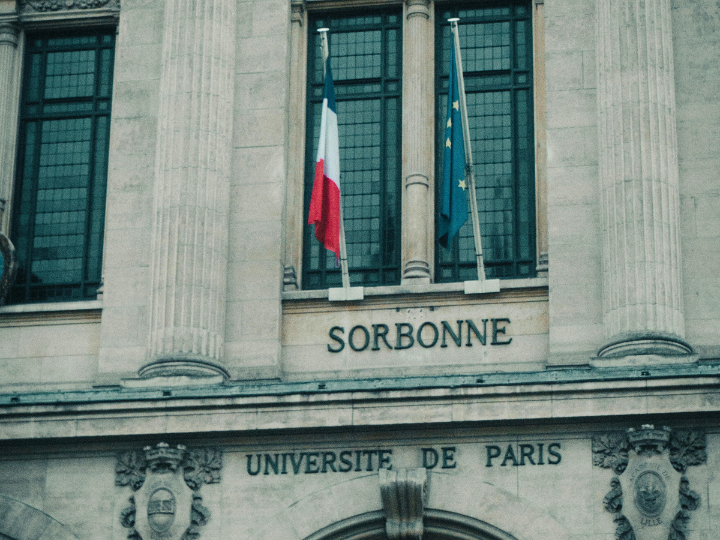by Giles Merritt*
By accident, or perhaps by design, Emmanuel Macron’s recent Sorbonne speech was a litany of familiar woes pointing to the European Union’s greatest but unacknowledged problem: Can it advance further without a ‘Big Boss’?
France’s president embodies this question in several ways. He is the EU’s only national leader of global stature who sets out a strategic vision for Europe. Also, he must leave the Elysee Palace three years from now and will, at only 49, be looking for work.
The wrangling between member governments over the bloc’s top jobs for 2029-34 will start up around then, and Macron’s candidacy for one of them could, at the very least, give the EU’s public profile a much-needed fillip.
Macron seems tailor-made to lead either the executive European Commission or the European Council, which groups national leaders. But his obvious suitability is arguably the highest barrier that would face him. Ever since the EU began as a common market of six countries, its member governments have resisted the appointment of a Big Boss in Brussels.
Jacques Delors fitted the bill, but that was by mistake. France’s then little-known finance minister hadn’t been expected to boost the commission’s authority so dramatically by championing both the single market and the euro, welcome though these achievements were. At the end of his reign, the member governments resolved never to appoint another strongman capable of stealing their thunder. A new rule, since abandoned, was that commission presidents should be former prime ministers, which somehow ensured that only those from smaller countries would apply.
The astonishing piece of political juggling and showmanship that brought him to power in 2017 is crumbling at home and has no visibility abroad. Originally called ‘La Republique en Marche’, nowadays Renaissance, Macron’s base is a fragile coalition of the disappointed and unaffiliated; it has lost its majority in France’s lower house and has only 23 of the 81 French MEPs – a tiny share of the EU parliament’s 705 seats.
On the eve of next month’s European elections it’s impossible to say how Renaissance will fare, and it is equally hard to predict how the scramble for power in the 2024-9 commission will pan out. Ursula von der Leyen had seemed assured of a second five-year mandate as its president, but questionmarks are growing over her renewal as well as the successor to Belgium’s Charles Michel as president of the European Council.
It is also certain that global security and economic challenges during the rest of this decade will demand greater financial and political commitments from member states. At the same time, any significant gains by populist parties in the European elections and in those EU countries holding national ones would compound these difficulties, risking the bloc’s fragmentation. In both cases, the need for stronger leadership will be inescapable.
President Macron’s detailed analysis of Europe’s failings repeated his warnings of five years ago. Some commentators, therefore, dismissed it as “nothing new”. That is precisely his point; slow and uncertain EU decision-making in this era of global volatility and along with Europe’s diminished competitiveness is an existential threat to its survival.
Many believe a tougher, no-nonsense EU leader is the answer. Whether Macron is the man to take the helm is quite another matter. His pedagogic, and at times, impatient manner hasn’t always endeared him to his peers, even if few doubt his strengths. And of course, he may not even aspire to an EU role after ten years as France’s all-powerful Head of State. Nevertheless, the challenge for Macron or someone else is to re-energise the EU when institutional reform looks so elusive.
*Founder of Friends of Europe
**first published in: Friendsofeurope.org




 By: N. Peter Kramer
By: N. Peter Kramer
